The Vice Chancellor, Kogi State University, Kabba, Professor Kehinde Eniola has called for deliberate and greater Investment in Artificial Intelligence ,AI infrastructure and capacity building in research institutions collaboration between AI experts and life scientists for interdisciplinary research in order for Nigeria to leverage on the many advantages of AI . The Don made the call while delivering the 3rd Annual lecture of the School of Life Sciences with the theme: Life Science Research for Poverty Alleviation and National Development: Roles of Artificial Intelligence on the 25th of March 2025 at the T I Francis Auditorium, Federal University of Technology Akure, FUTA.
He said there was a need to enact and develop policies for AI-driven research in higher institutions as universities, the players in the highest level of knowledge economy, exist to solve society’s problems and facilitate generation, transfer, and application of knowledge while producing skilled manpower for national development.
According to the Vice Chancellor , “Research is a systematic inquiry to generate knowledge or increase understanding of a specific topic or issue. AI refers to technology that involves machines to perform tasks that normally require human intelligence. Our research focus on existing problems of Society. The knowledge we generate (research) can solve problems that Society has. Our research outputs should be translated to impact Society. We should seek to identify the existing problems- SDGs.”
While making a case for AI in research, Professor Eniola said it has changed the trajectory of research by fast tracking hitherto laborious methodologies. AI can review existing literatures within short time, source internet-based information faster, review existing literatures within short time and can be deployed in easy steps such as having a clear thought about the problem in focus which must be clearly expressed in oral or written communication (prompt) to the Chatbot. Thereafter fact-checking/Analysing the response generated, Finalize the response, and Write algorithms for tasks (Plant doctor, IoT)”
He highlighted Sub-fields of AI relevant to life sciences to include machine learning, deep learning, bioinformatics, and data analytics. In Machine Learning algorithms learn from data to improve performance in tasks like disease prediction and genetic analysis. In Deep Learning, neural networks enhance image analysis in medical diagnostics and crop disease detection. In Bioinformatics, AI-driven genomic sequencing accelerates drug discovery and personalized medicine while in Data Analytics, AI processes large datasets to identify trends in health, agriculture, and the environment.”
The don called for a trans-disciplinary response among researchers to fully embrace the massive benefits of AI. According to him, some problems are multifaceted and sociocultural, hence require diverse inputs for solution. Hence, all stakeholders must be awake to the reality of AI in Education but care must be taken to ensure the regulation for the use of AI in education.
Earlier in her address, the Vice Chancellor, Professor Adenike Oladiji represented by the Deputy Vice Chancellor Academic, Professor Taiwo Amos said “The theme of the lecture is not only timely but also relevant in our contemporary world. As a nation, we are constantly striving to address the challenges of poverty and foster sustainable development. Life sciences, with their vast scope and potential, hold the key to unlocking innovative solutions in agriculture, healthcare, and environmental sustainability, all of which are pivotal in our quest for national progress.”
She added that “Furthermore, the integration of Artificial Intelligence into life science research endeavours presents an unprecedented opportunity to accelerate discoveries, optimize processes, and enhance our understanding of complex biological systems. AI’s capacity to analyse vast datasets, identify patterns, and generate predictive models can revolutionize how we approach research and development.”
Professor Oladiji said “here at the Federal University of Technology, Akure, we are committed to fostering a culture of research excellence and innovation. We recognize the crucial role that life sciences play in driving socio-economic development, and we are dedicated to providing our students and researchers with the resources and support they need to excel. This annual lecture serves as a platform for intellectual discourse, knowledge sharing, and collaboration. It provides us with an opportunity to reflect on the current state of life science research, explore emerging trends, and identify strategies for translating research findings into tangible benefits for our society.”
On his part, the Dean, School of Life Sciences, Professor Michael Ashamo said “The organisation of annual lecture is a tradition carried over from the defunct School of Sciences and annual lectures are organised to provoke discussions on areas of interest that leads to growth and development of the nation. The topics are chosen to elicit responses or reactions from the audience which may lead to further research and eventually nation building. He also canvassed for the need to put the country’s best foot forward to reap the benefits of the fourth Industrial revolution. “We are in the fourth industrial revolution (4IR) with key technologies such as Artificial Intelligence (AI), Internet of Things (IoT) and others driving it. AI systems can be deployed to eradicate poverty through enhancing access to education, revolutionizing agriculture and promoting financial inclusion, “ he said.






























































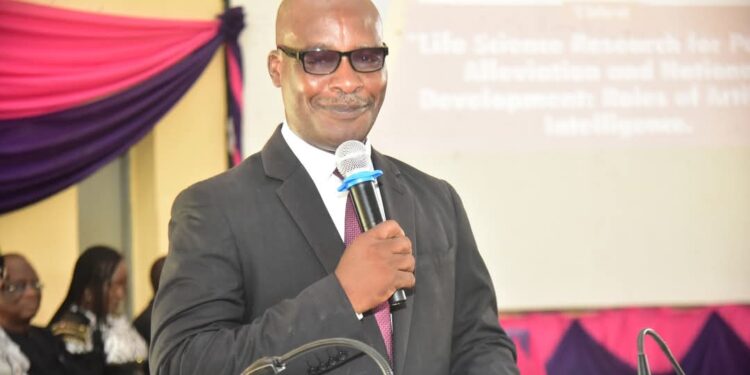




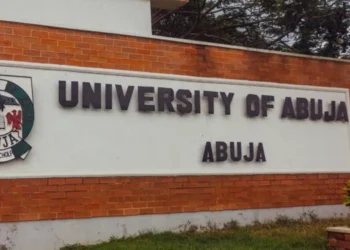

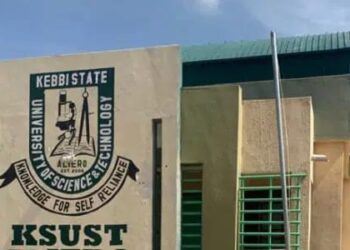
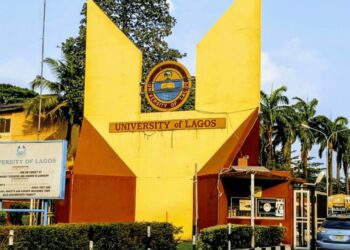

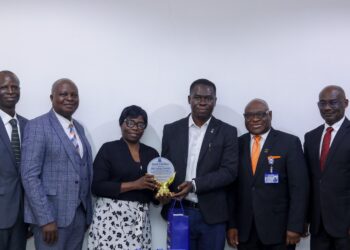










 EduTimes Africa, a product of Education Times Africa, is a magazine publication that aims to lend its support to close the yawning gap in Africa's educational development.
EduTimes Africa, a product of Education Times Africa, is a magazine publication that aims to lend its support to close the yawning gap in Africa's educational development.